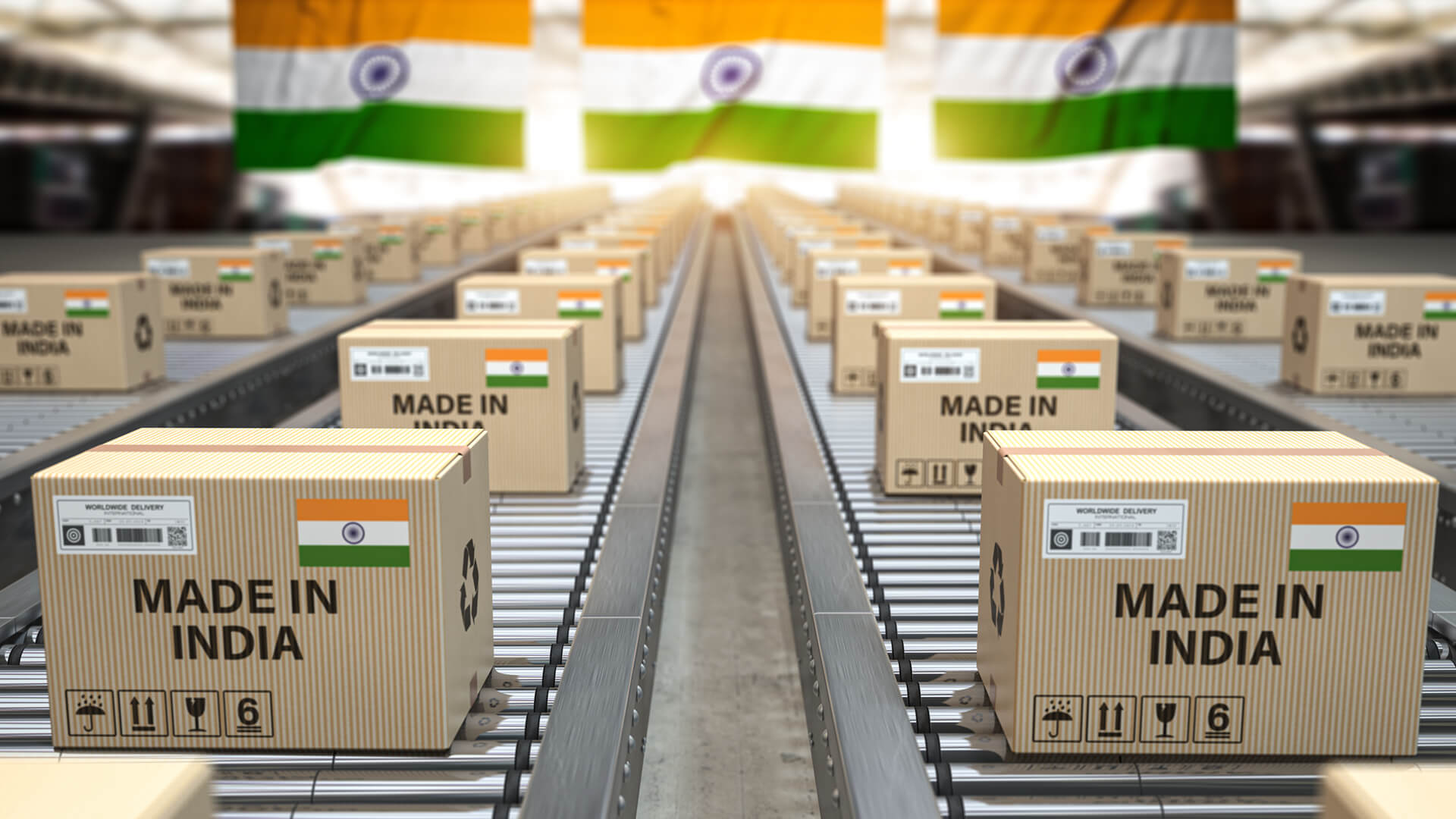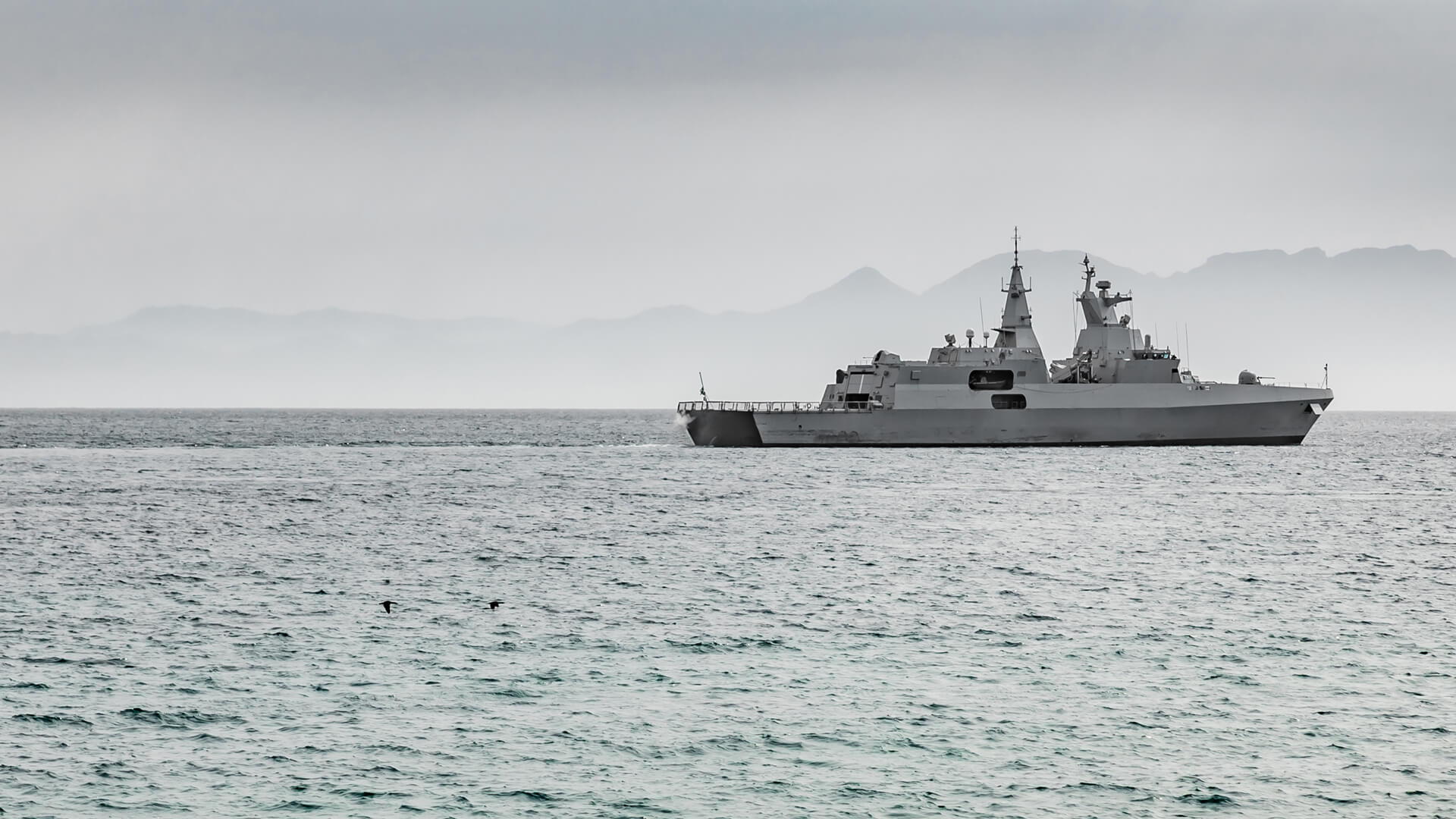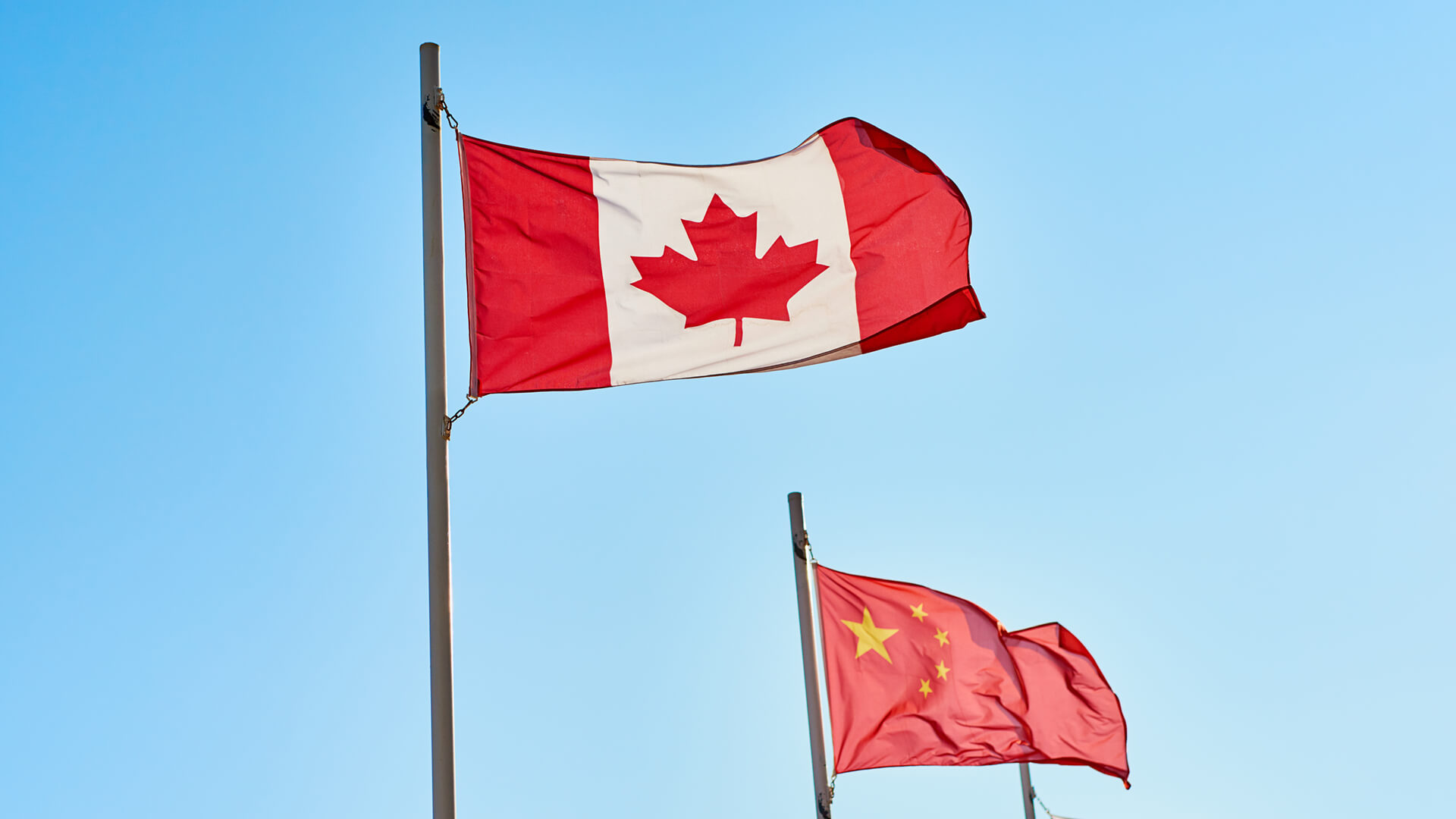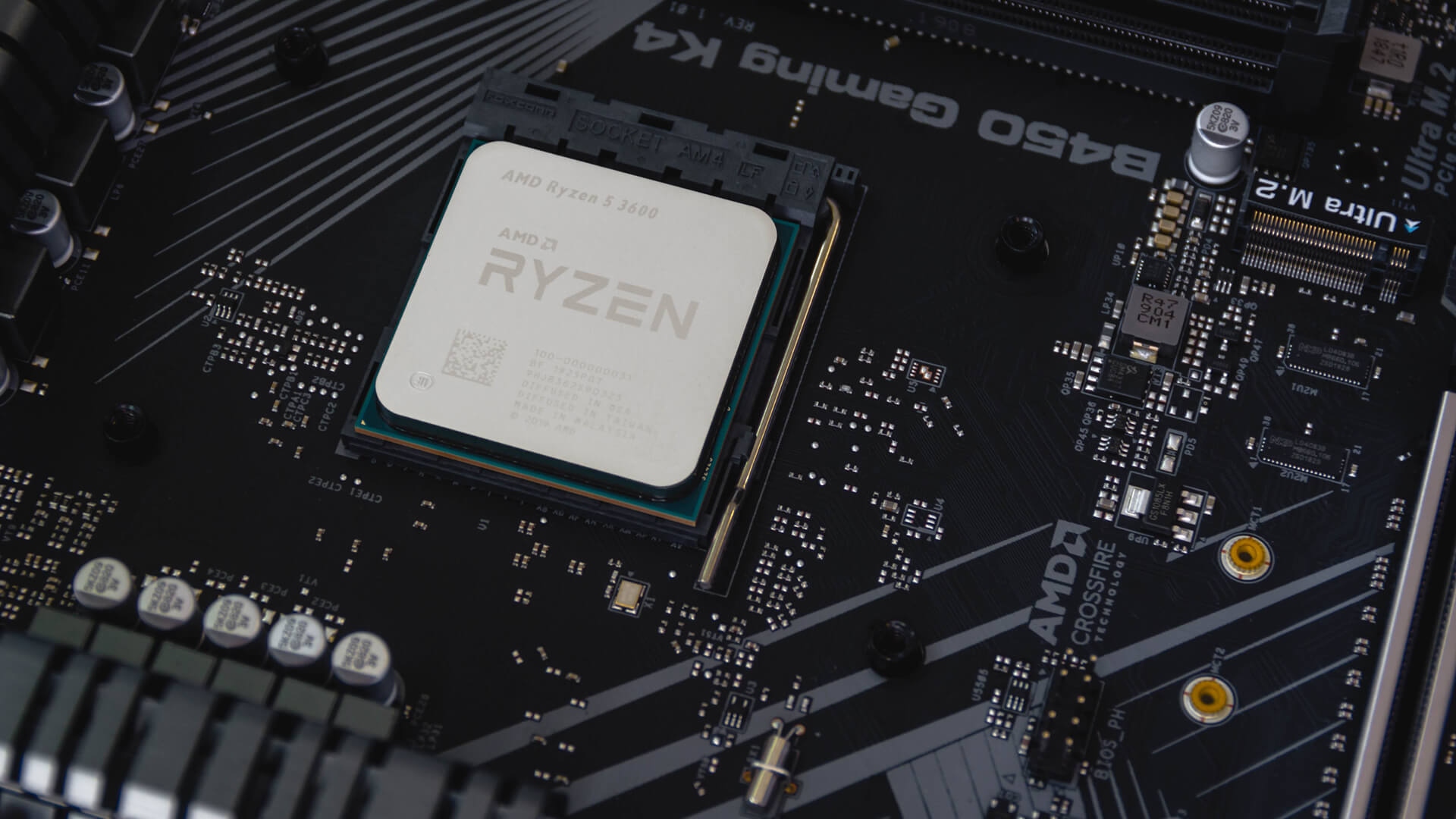The EU and India have struck a trade deal, but it’s not the breakthrough it’s being made out to be. Just because you sign a trade deal doesn’t mean that integration magically appears.
Both sides of this deal are highly protectionist and have no interest in introducing new competition to their markets. This deal is fairly modest; some tariffs get lowered, but there are enough barriers in place for either side to block trade wherever they see fit.
One of the problems with global trade deals is that it only works if the oceans are free and the global rule of law is intact. The EU would be better off spending its time strengthening relations among regional nations, rather than looking far and wide.
Transcript
Hey all, Peter Zeihan here. Coming to you from the Caribbean. A little breezy today, so apologies about the sound quality. I remember well, shielded spine. I could anyway, today we are talking about the new trade deal that was just signed between India and the European Union. People are talking about, oh, it’s one third of world trade and it’s a big deal.
It’s all about the Trump administration, blah, blah, blah, blah. Let’s not get ahead of ourselves. A couple things to keep in mind. First, on size one third world trade, considering that one quarter of world trade is the European Union, and you’re just attaching India to that, keep your numbers straight. Second, there’s a bigger problem here among the first world economies.
The European Union is by far the most protectionist. It does things to basically encourage mass industrial production. And because they don’t have the demographics to consume what they produce, a lot of that has to be exported. And in terms of agriculture, their agricultural lobbies are incredibly powerful. So the single largest line item in the budget of the European Union going back decades has been to subsidize farmers and producers.
And at times that’s been half the entire budget. And that really hasn’t changed. So whenever the European Union tries to sign a treaty with anyone, they want to shove manufactured agricultural products down the throat of whoever it is, and it makes it very hard for the European Union to do that in a meaningful way, unless the country in question has no interest in agricultural products or no interest in manufactured products, of which there are a few.
So the European Union has a real hard time signing deals, because if anyone wants agricultural or industrial access to the European space, they immediately come up against a series of entrenched interests. So, for example, the America’s order deal that’s been in the news recently, they started negotiations on that in the 90s, and they finally got the final ratification.
The European Parliament is like, nah, let’s shove this off to the court to see if it’s actually legal. So we’re pushing 30 years since they started talks there, and it still hasn’t happened because on the other side, Murphy’s Law is very protective of their industries. So if this deal were to go through the Mercosur, one, the South American countries, most notably Brazil and Argentina, would be able to shove agricultural products into the EU, which is something that is wildly unpopular.
And the Europeans would be able to shove industrial products into South America, which would be wildly unpopular locally. So this doesn’t happen. India, if anything, is even more protectionist. Almost every industrial sector that they have is wildly subsidizing every farmer, basically riots, every year when they try to liberalize their agricultural system. So the nature of the deal that has been negotiated is actually very, very calm.
There’s not a lot involved in it. And while it does reduce tariff levels, it does nothing to address non-tariff barriers. So for example, if in the European Union, that decide that the trade coming in from India market the sorting, they can easily put up a non-tariff barriers that doesn’t require approval of the member States or their regions, which is one of the things that the Canadian free trade deal with the Europeans.
A few years ago. Secondly, that same applies on the Indian side. There they have a cart blocked, national security exemption that they can use for any reason that they want. So yes, everyone is looking for a non-American alternative for trade. No, it’s not something that’s easy to do because there are so many entrenched interests and systems across anyone who wants to do anything meaningful.
The fact that the European Union internally is a trade union has taken 60 years to build, and those are countries that are so close together that a degree of integration is almost unavoidable. You start talking about places on the other side of the planet. It gets almost insurmountable. Finally, and this is the issue that everyone ignores when they’re talking about free trade.
There is no free trade on a transcontinental or trans oceanic basis, unless there’s freedom of the seas and global rule of law, and the only country that has ever been able to impose that is the United States. Now, I would argue decisions that we made back in the 80s, in the 1990s have changed the nature of the US Navy to the point that can no longer patrol globally at all.
And all of the countries of the world combined, if they put all of the navies into a single force and agreed on every single deployment decision, all of that combined is still nowhere near as powerful as the US Navy. So we’re leaving the World war deals like this. Conversations like this among the EU and the Indians or the EU and the South Americans mean anything because there’s no capacity to enforce safety.
And even if that could somehow exist, I have no doubt that French farmers or Belgian fascists or Indian manufacturers would get in the way of all of the details that would matter. So it’s a nice talk, but ultimately what countries need to do is something like what the European Union has done and develop an internal, a regional structure that can support as much of that trade as possible.
And you only deal with countries beyond your region when you have absolutely no other choice.











